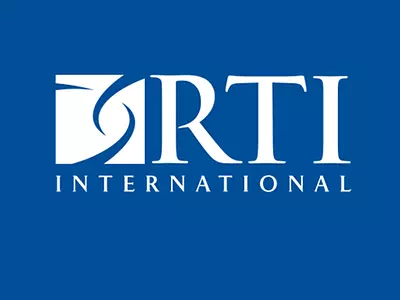Advancing the science and practice of newborn screening
Newborn screening is designed for pre-symptomatic identification of conditions for which there are effective treatments that must begin early. Although the U.S. has a successful state-based newborn screening program that screens most of the nearly 4 million U.S. babies born annually, it is important to continue investigating, supporting, and improving newborn screening systems and their impact on babies and families.
To address these needs, we have built an interdisciplinary team to advance newborn screening science and practice through research, implementation, and evaluation. We collaborate with experts and community stakeholders to gain consensus around newborn screening data standards, and we conduct formative and summative evaluations of projects focused on genetic conditions identified through newborn screening.
Our team developed Early Check, a state-wide research program that provides expanded, voluntary newborn screening (NBS) across North Carolina. In partnership with the University of North Carolina at Chapel Hill and the North Carolina State Laboratory of Public Health (NCSLPH), the Early Check team conducts NBS research that informs state public health NBS programs.
In September 2023, with support from a consortium of funders, Early Check opened enrollment for genome sequencing-based screening for over 200 monogenic conditions. Nearly 3% of screened newborns have been identified to be at risk for one of the screened conditions.
The program is helping pave the way for genomic sequencing to become a proven technology for use in universal NBS. It's many benefits include:
- Transforming universal NBS. Genomic sequencing technologies could lead to a public health paradigm shift—population-wide identification with a single test, of children at risk for hundreds of conditions for which early treatment can improve outcomes.
- Improvements in children's livelihoods from early access to new and transformative therapies. Children with actionable health conditions are being diagnosed too late in their disease course for optimal treatment outcomes, often due to a lack of newborn screening biomarkers. Studies like Early Check are essential to connect infants and children to transformative therapies, including approved therapies and experimental candidates accessed through clinical trials.
- A large-scale research study to realize population-level benefits of genome-based screening. Before sequencing newborns can be integrated into public health, important questions must be answered about feasibility, acceptability, and ethical challenges.
With funding from the Centers for Disease Control and Prevention (CDC) and the National Institute of Child Health and Human Development, we have conducted pilot studies in partnership with the State of North Carolina. These studies aim to help implement screening for new conditions recently added to the Recommended Uniform Screening Panel (RUSP), a federally recommended list of core conditions that should be included in newborn screening.
Our pilot studies have included severe combined immunodeficiency (SCID), mucopolysaccharidosis type I (MPS I), and X-linked adrenoleukodystrophy (X-ALD). These are rare, life-threatening conditions that affect about 1 in every 20,000 to 100,000 children in the United States. Because most state labs have never screened for these disorders, we are conducting pilot studies to validate testing procedures and demonstrate effective processes so that other states can learn from our experience.
Focus Areas
Related Projects
The Newborn Screening Mucopolysaccharidosis Type I (MPS I) Pilot Program
Read More about The Newborn Screening Mucopolysaccharidosis Type I (MPS I) Pilot Program













